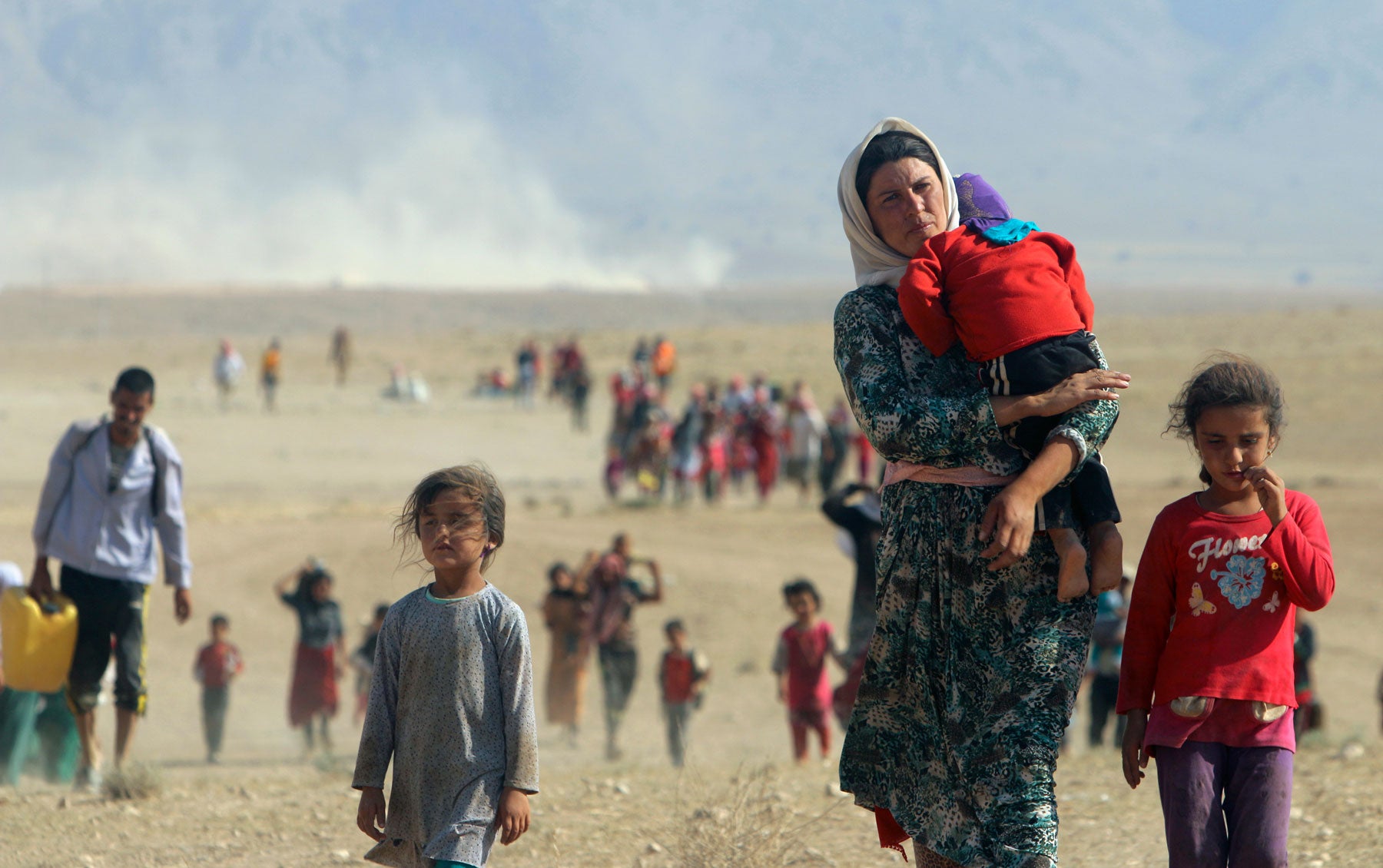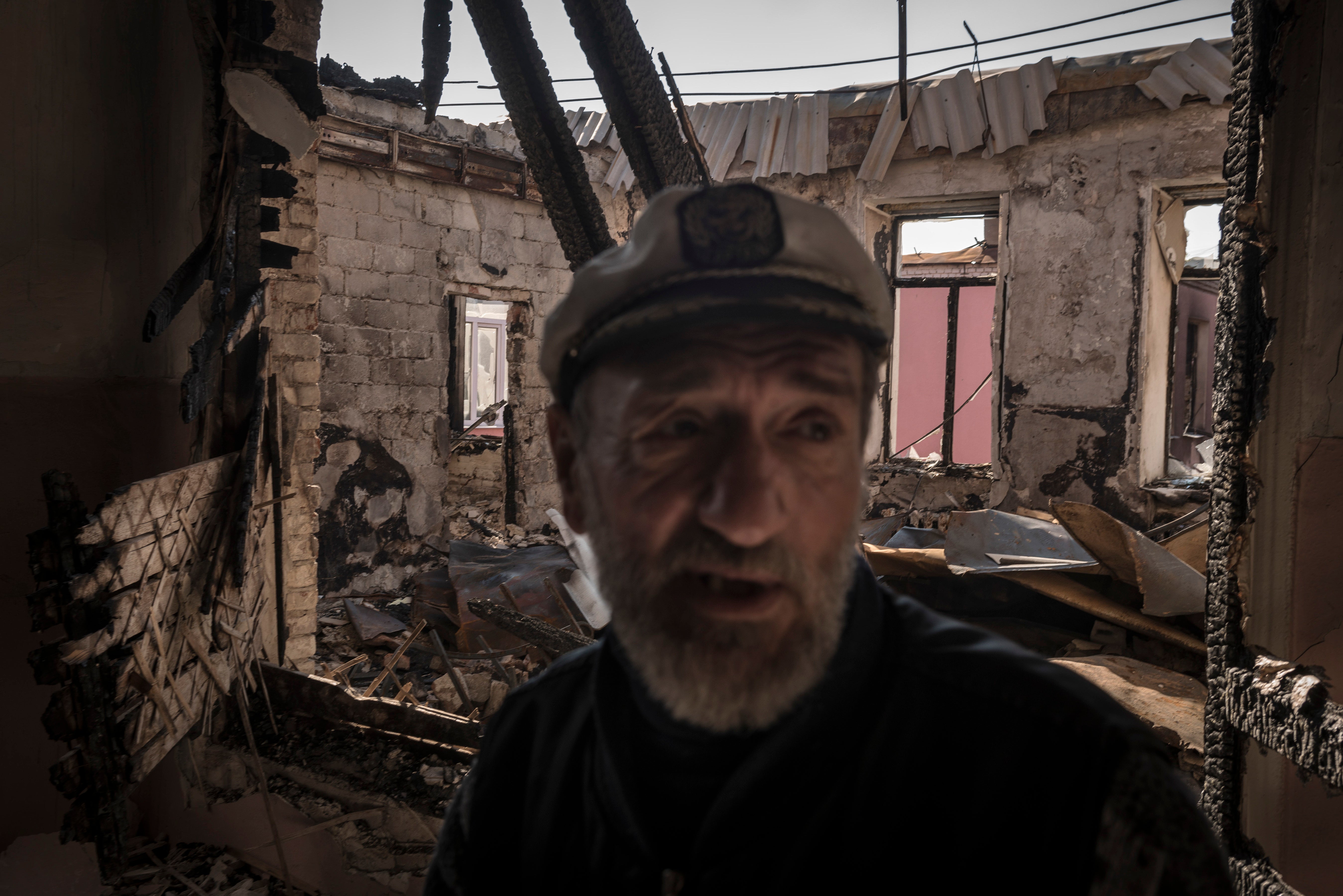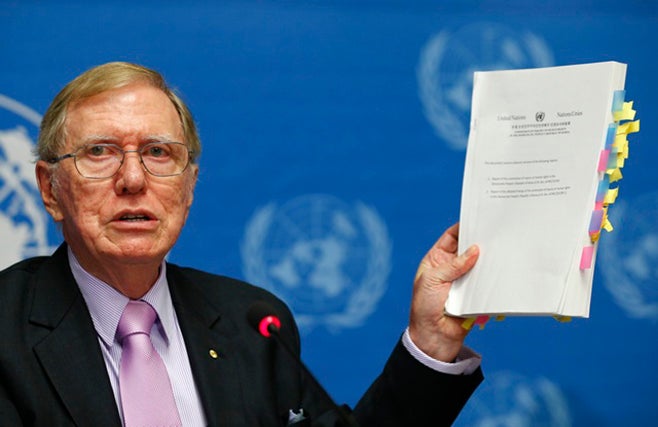Singapore’s government limits political and civil rights—especially freedom of expression, peaceful assembly, and association—using overly broad legal provisions on security, public order, morality, and racial and religious harmony. Since the 2011 parliamentary election, however, in which the opposition made gains, Singaporean citizens have been increasingly asserting their rights through social media and rallies in designated areas.
Freedom of Expression, Peaceful Assembly, and Association
On September 10, Singapore’s Media Development Authority (MDA) banned the film “To Singapore, With Love ” on grounds that it undermined national security. The film features interviews with activists who fled Singapore rather than face political persecution and possible detention under the country’s abusive Internal Security Act (ISA). Film director Tan Pin Pin filed an appeal, stating that people should be able to air “differing views about our past, even views that the government disapproves.” On November 12, the Film Appeals Committee rejected her appeal by a 9-3 vote.
The MDA also continues to compel online news websites discussing domestic political issues to register under the Broadcasting Act. Registration requires posting a monetary bond, paying fees, undergoing annual registration, and, on notification, immediately removing anything the MDA deems to be against “public interest, public order or national harmony” or to offend “good taste or decency.” Registered websites are also prohibited from receiving any foreign funding. In late March, the MDA ordered the news website Mothership.sg to register and, in late September, made the same demand of The Online Citizen (TOC).
The Newspaper and Printing Presses Act requires local newspapers to renew their registration every year and empowers the government to limit circulation of foreign newspapers.
The government maintains restrictions on freedom of assembly through provisions of the 2009 Public Order Act, which require a police permit for any cause-related assembly in a public place or to which members of the general public are invited. Grounds for denial are broad. On November 5, 2013, police arrested 10 people for planning a march without a permit in Singapore as part of a global “Million Mask March.” A court convicted Jacob Lau Jian Ron of organizing the event and fined him S$1000 (US$800).
Protests and rallies conducted at the Speakers’ Corner in Hong Lim Park do not need a police permit so long as the topic does not touch on religious or racial issues and the organizer and speakers are Singaporean citizens. Foreigners who are not permanent residents are not permitted to participate without a police permit. Despite these restrictions, there has been an increase in the size of crowds and the number of applications submitted to use the Speakers’ Corner.
On September 25, 2014, the police notified activists Han Hui Hui and Roy Ngerng Yi Ling that permission had been withdrawn for their planned September 27 event at Speakers’ Corner featuring speeches and a demonstration related to management of Singapore’s Central Provident Fund (CPF), the state pension fund.
Hui and Ngerng refused to comply, and the demonstration went ahead. Police investigated at least 15 persons connected with the protest before charging Ngerng and Hui with unlawful assembly for demonstrating without a permit, and with causing a public nuisance. Four others (Janet Low Wai Choo, Chua Siew Leng, Goh Aik Huat, and Ivan Koh Yew Beng) were charged only with causing a public nuisance. The cases against the six were ongoing at time of writing.
Associations of more than 10 individuals are required to register with the government, and the Registrar of Societies has broad authority to deny registration if the registrar determines that the group could be “prejudicial to public peace, welfare or good order.” The registrar approved a new political party, Singaporeans First, in May 2014.
Government officials continue to use criminal and civil defamation as a means to silence critics. In May 2014, Prime Minister Lee Hsien Loong filed a lawsuit in his personal capacity against activist and blogger Roy Ngerng Yi Ling who, Lee alleged, defamed him when he compared Lee’s actions in managing the CPF to a criminal case involving misappropriation of funds. Ngerng agreed to apologize, removed the posts, and made an offer of compensation—but Lee refused and sought summary judgment in the case. In June, soon after being sued by Lee, the private hospital employing Ngerng fired him, an action that the Ministry of Health publicly applauded. As widely expected, on November 7, the Singapore High Court ruled in favor of Lee and determined that damages would be assessed at a later date.
Criminal Justice System
Singapore continues to use the Internal Security Act (ISA) and Criminal Law (Temporary Provisions) to arrest and administratively detain persons for virtually unlimited periods without charge or judicial review. Government authorities publicly maintain that such laws are necessary to protect Singapore from international terrorist threats. Authorities did not report any new arrests under the ISA in 2014.
While Singapore retains the death penalty, which is mandated for many drug offenses and certain other crimes, judges in 2014 continued to apply legal provisions that give them discretion to bypass the mandatory penalty and sentence low-level offenders to life in prison and caning where prosecutors attest that offenders have been cooperative. In July, convicted drug traffickers Tang Hai Liang and Foong Chee Peng declined consideration for re-sentencing and opted to be executed rather than to spend life in prison. In accepting the men’s preferences, Singapore ended a de facto moratorium on executions in place since July 2011.
Use of corporal punishment is common in Singapore. For medically fit males ages 16 to 50, caning is mandatory as an additional punishment for a range of crimes, including drug trafficking, violent crimes (like armed robbery), and even immigration offenses. Sentencing officials may also order caning for some 30 additional violent and non-violent crimes.
Yong Vui Kong, who had his death sentence for drug-running commuted to life imprisonment and now faces a 15-stroke caning, has mounted a constitutional challenge to caning, asserting it violates Singapore’s constitution and customary international law that prohibits torture and other cruel, inhuman, or degrading treatment or punishment. The challenge was pending before the Supreme Court at time of writing.
Sexual Orientation and Gender Identity
In 2014, top government leaders reiterated that Singapore society is not yet ready to accept LGBT rights. In October, the Supreme Court rejected a claim that the ban on gay sex is unconstitutional. The court said the legislature, not the judiciary, needs to address this issue. A constitutional challenge that would have prohibited employment discrimination against LGBT individuals also failed.
In July, the National Library Board removed three children’s books with alleged LGBT themes from library shelves, including “And Tango Makes Three,” a true story of two male penguins in New York City’s Central Park Zoo who raised a penguin chick. One book (“Who’s in Our Family?”) was pulped, but after pushback from civil society groups, the board’s decision to destroy “And Tango Makes Three” and “The White Swan Express: A Story About Adoption” was overruled, and the books were shifted to the adult section of the library. Comic books, including Archie and X-Men, also ran afoul of authorities when they included LGBT content .
The pro-LGBT Pink Dot festival was held for the sixth consecutive year, with an estimated 26,000 people attending in June 2014. For the first time, there was a protest mounted against the event. In August, police forced the cancellation of a running event connected to the 10th annual Indignation LGBT Pride celebration by refusing a permit in the “interest of public order.”
Human Rights Defenders
M. Ravi, a lawyer who has played a central role in key human rights cases in Singapore, faced increasing government pressure in 2014. Ravi has mounted constitutional challenges to the death penalty, caning, and several laws that discriminate against LGBT individuals; has defended the right to counsel; and represents blogger Roy Ngerng Yi Ling.
In March, Singapore’s attorney general issued a complaint against Ravi for releasing court documents to media before they were fully reviewed by government prosecutors. Ravi immediately apologized. Ravi also has been subject to several investigations by the Law Society of Singapore and faced disciplinary action related to his public campaign on behalf of death row inmate Cheong Chun Yin, whose case was subsequently accepted for re-sentencing.
Migrant Workers and Labor Exploitation
Migrant workers rioted in December 2013 in the Little India area, torching stores, houses, and vehicles after a migrant was hit and killed by a bus. The violence was the worst Singapore had faced in decades. Twenty-five Indians were charged in connection with the riots. Fifty-two were deported, others were fined, and at least eight were jailed.
Foreign migrant workers are subject to labor abuse and exploitation through debts owed to recruitment agents, non-payment of wages, restrictions on movement, confiscation of passports, and sometimes physical and sexual abuse. Foreign domestic workers are still excluded from the Employment Act and many key labor protections, such as limits on daily work hours. Labor laws also discriminate against foreign workers by barring them from organizing and registering a union or serving as union leaders without explicit government permission.
Key International Actors
Singapore maintains good relations with both the United States and China, and plays an important role in the Association of Southeast Asian Nations (ASEAN). It is an important military ally of the US, as the latter implements its security “pivot” to Asia; serves as a regional hub for international business; and maintains close trade relations with China, its largest trading partner.
In part because of these geopolitical and economic considerations, there has been little serious external pressure on Singapore to improve its poor human rights record.





